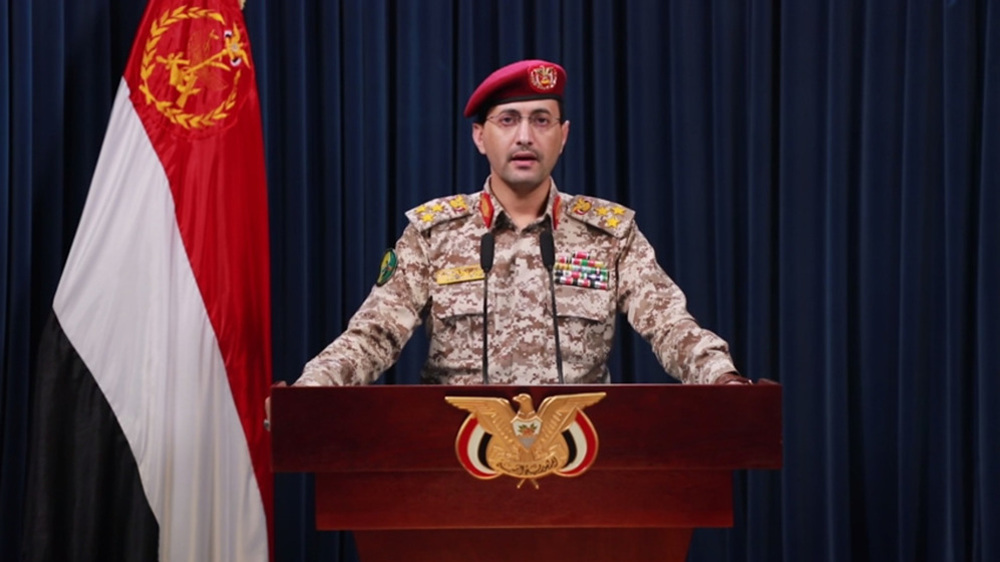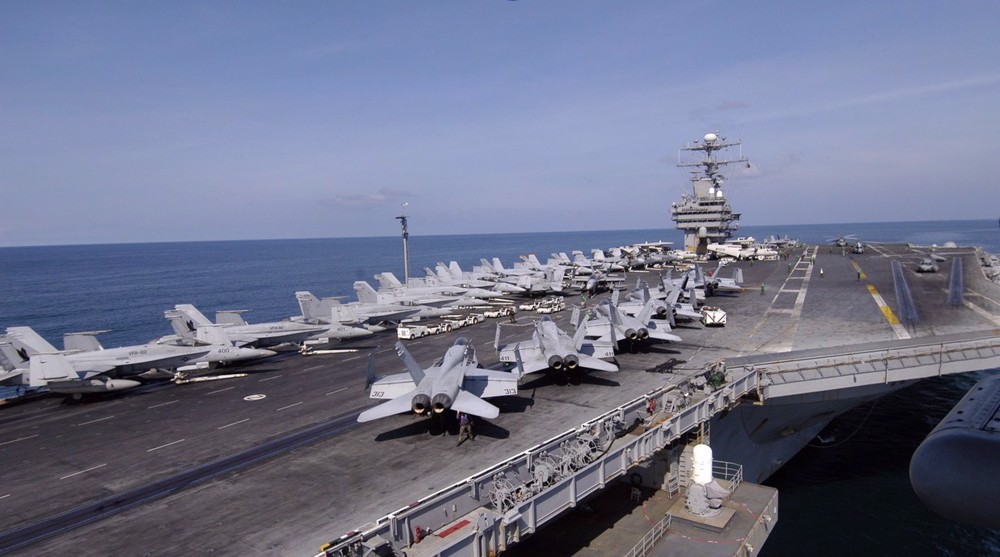Yemen sheds light on ‘direct US-Qaeda relationship under Saleh’
Yemeni armed forces say they have obtained evidence that point to the existence of a “direct relationship” between the United States and the Takfiri al-Qaeda terrorist group as well as a former Yemeni administration’s role in the formation of the ties.
The armed forces issued a statement on Tuesday, saying it had come by the contents of telephone calls between former Yemeni president Ali Abdullah Saleh and George Tennet, an ex-chief of the US’s CIA spy agency.
One of the conversations pointed to the existence “of direct relationship between the CIA and al-Qaeda terrorists and cooperation on the part of the Saleh government’s officials in formation of the relationship,” the statement noted.
In the conversation, Tennet is insisting that the Yemeni government release an al-Qaeda member that had been arrested in relation to the terror group’s alleged attack against American missile destroyer USS Cole in 2000.
Speaking to al-Masirah, Abdul Qader al-Shami, head of Yemen’s intelligence agency, identified the person in question as a dual American-Yemeni national, named Anwar al-Awlaki. Washington assassinated Awlaki in 2011 once it had no more use for him, he added.
Explaining the extent of Yemen and al-Qaeda’s cooperation in Yemen, he said, the Americans train terrorists on the Yemeni soil before sending them overseas to carry out terror operations. Once these terrorists return to Yemen, Washington accuses the country of providing safe haven for them, Shami stated.
The armed forces also detailed the US’s ambitions concerning Yemen during Saleh’s second tenure as Yemen’s president that lasted from 1990 until 2012.
Among the documents were a 1998 US State Department report that featured complete details of Yemen’s geographical, demographical, and economic configurations as well as details concerning the presence of foreign forces in the country.
The State Department advises in the report that the United States deploy its forces to Yemen in support of the country’s Jewish population, in the capital Sana’a and the northwestern Sa’ada Province.
It outlines the locations of some notorious amusement centers in the southern city of Aden, noting that these spots could be used to serve the American forces that could be stationed in Yemen.
The State Department report also makes mention of the potential construction of a US naval base in the southern province of Aden’s al-Buraiqeh District, saying the facility should be able to be used by reconnaissance aircraft, warplanes, bombers, aircraft carriers, and warships.
Anthony Zinni, commander of the US Central Command (CENTCOM) between 1997 and 2000, reportedly signed an agreement with Saleh’s government in 1998 towards provision of support for the US Navy in Aden.
The USS Cole incident that took place in Aden’s coastline, allegedly killing 17 US Navy sailors and injuring 37 others, provided an excuse for Washington to seek a political and military foothold in the Arab Peninsula country.
Citing the signs of cooperation between the US and al-Qaeda, observers have cast the circumstances surrounding the incident into serious question, speculating that Washington might have enabled the explosion to conjure up a pretext for its interference in Yemen.
Jordan sentences former lawmaker for supporting Palestinian resistance
Basij volunteer forces hold massive drills in southwestern Iran
Israeli war criminals 'not welcome', US city says after ICC ruling
US vetoing of Gaza ceasefire resolution ‘disgraceful’: Iran’s UN envoy
VIDEO | IAEA adopts anti-Iran resolution tabled by E3
VIDEO | Iran's president urges Pope to help end Israel's onslaught in Gaza
Iran's senior legal official: ICC arrest warrant for Netanyahu ‘great victory'
Nov. 21: ‘Axis of Resistance’ operations against Israeli occupation










 This makes it easy to access the Press TV website
This makes it easy to access the Press TV website